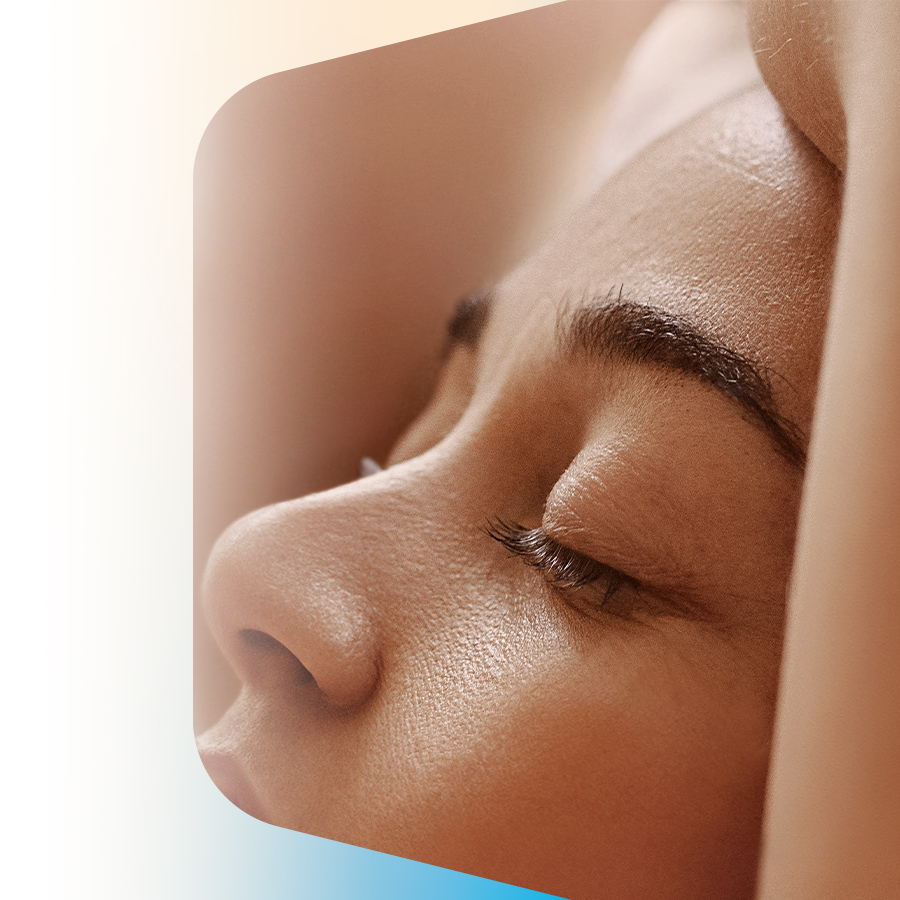Quality sleep is an important component of health and well-being. What are the lifestyle habits that promote sleep?
How do you know if you are getting enough sleep?
People should spend about one third of their lives sleeping. Good sleep hygiene is one of the essential ingredients for a healthy life. It is good to take the time to consider this fundamental aspect!
The need for sleep varies from one person to another. A healthy adult needs eight hours of sleep per night on average. However, some people will only need 6 hours of sleep (or even less) to function normally during the day, while others will need at least 10 hours of sleep.
If you have trouble staying alert during a slow time of day or hiding your fatigue (you can't stop yawning, you have trouble keeping your eyes open), or if you have trouble paying attention or concentrating, you may not be getting enough sleep or your sleep may not be restorative.
Ten tips for better sleep
Did you know that your lifestyle habits have an impact on your ability to sleep well? What you do during the day, and especially in the hours before bedtime, can contribute to whether or not you get a good night's rest!
Here are 10 tips to improve your sleep hygiene.
- Avoid alcohol before bedtime.
Although alcohol can make you sleepy, it doesn't mean it helps you sleep well. In fact, the opposite is true. Alcohol negatively affects sleep patterns, including waking up at night and reducing sleep time. In some people, it can cause snoring.
- Develop a consistent sleep routine.
Try to go to bed at the same time every night and get up at the same time every morning, including on weekends. Be aware that taking naps during the day can compromise your ability to sleep well at night.
- Give yourself a transition period before bed.
Follow a routine that helps you relax and unwind before bed, such as taking a warm bath, reading a book or listening to soft music. Avoid working, dealing with problems or doing household chores in the hours before sleep.
- Do not have stimulants before bedtime.
Avoid caffeine (coffee, tea, soft drinks) before bedtime. Smoking and drug use in the evening can also affect sleep quality. In addition, some medications can cause insomnia. For example, phenylephrine and pseudoephedrine are decongestants used in some over-the-counter formulations. Speak to your pharmacist for additional information.
- Establish optimal conditions.
Make sure your environment is conducive to sleep: dark, quiet, well ventilated, not too hot, not too cold. Sleep on a comfortable mattress and pillows. Use the room for sleeping only. Remove electronics, televisions, and work equipment from the room.
- Exercise regularly.
In addition to promoting better overall health and well-being, physical activity helps you get a better quality of sleep. In fact, exercise helps you sleep better and longer. However, intense physical activity in the hours before bedtime should be avoided as it can lead to insomnia.
- Stay away from screens in the evening.
Exposure to blue light is not conducive to sleep, especially because it prevents the secretion of melatonin, a hormone that helps you fall asleep. Texting, watching videos, reading the news... All of these activities can delay sleep because of the intellectual and emotional stimulation they can cause!
- Learn to control your thoughts.
Are you familiar with the notorious racing thoughts that start when you're about to go to sleep? Once you've settled into bed, avoid negative thoughts and rumination. Try to put your worries aside and focus on calming thoughts. For example, recall happy memories or make a list of the positive elements of your day.
- Use a relaxation technique.
Relaxation is a prerequisite for sleep, and there are a variety of techniques you can learn to use to get there: breathing exercises, mindfulness, visualization, self-hypnosis, the Jacobson technique, etc. Practising these during the day can also help you fall asleep at night.
- Take care of your mental health and reduce your overall stress level.
Maintaining good mental health and controlling stress are two factors that help you have better nights. Giving yourself time to rest, having positive relationships, being in touch with nature, creating, pursuing passions, and taking advantage of opportunities for fun and discovery are all ways to have a fulfilling life... and more restful nights!
On that note, good health to you, and to all a good night!

